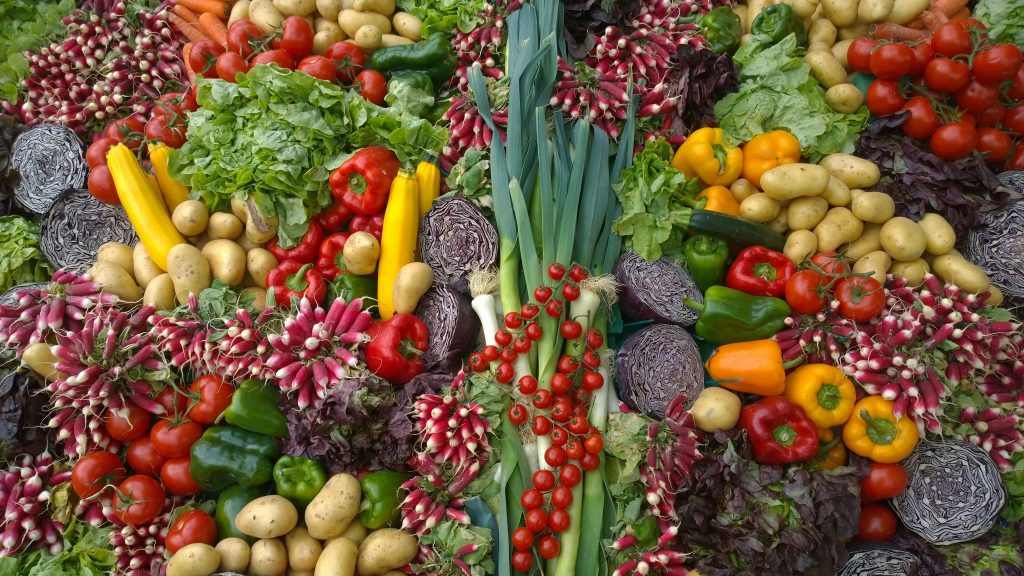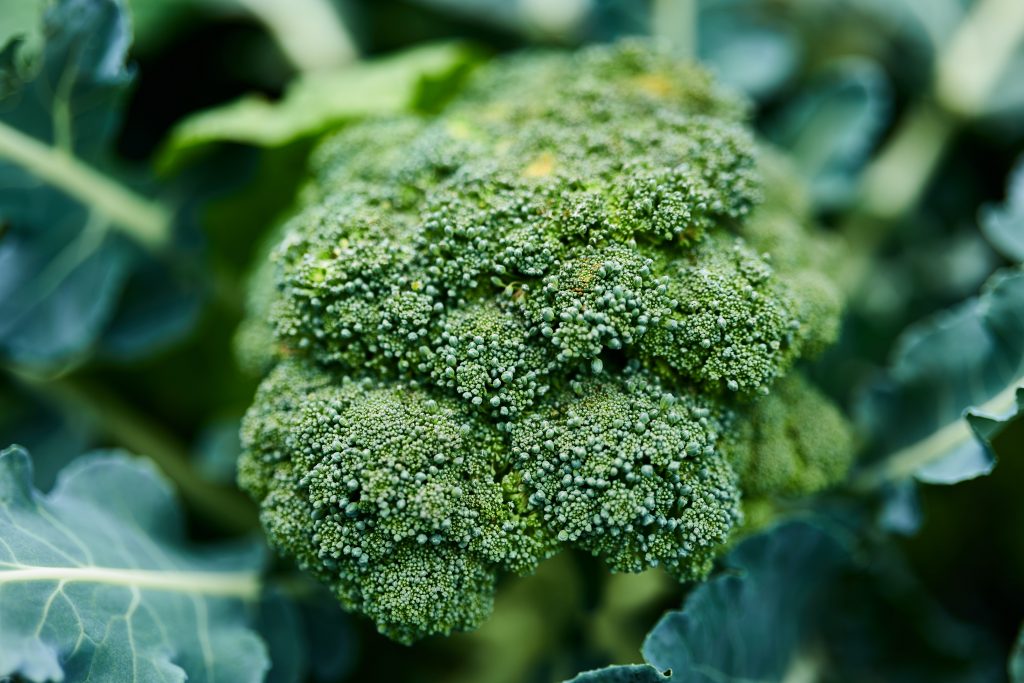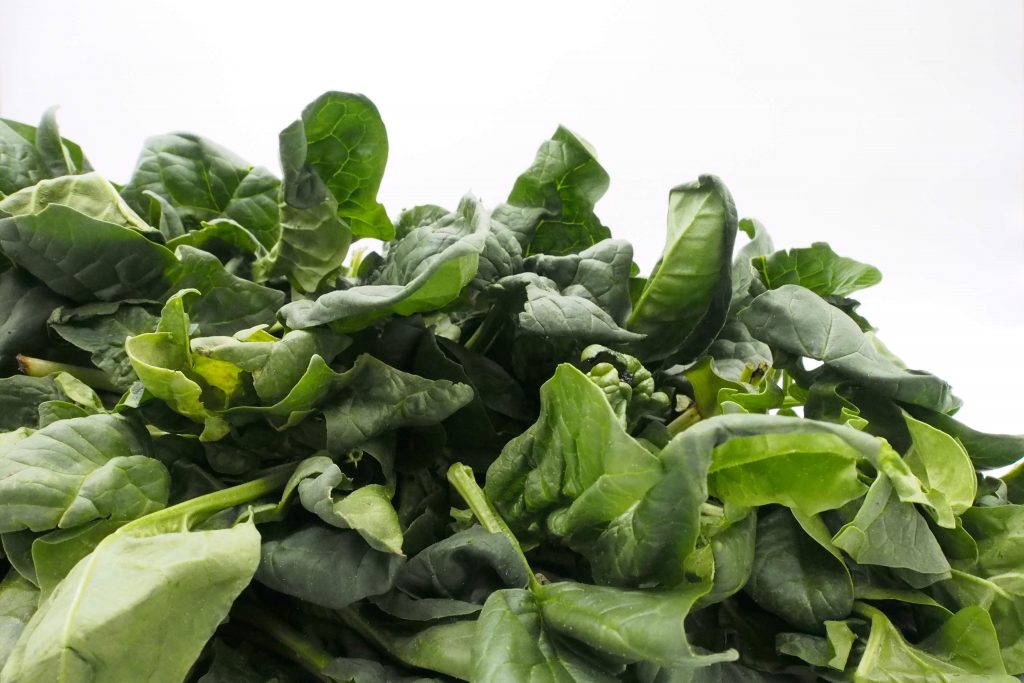In a world where health-consciousness is on the rise, the significance of incorporating nutrient-packed vegetables into our diets cannot be overstated. Not only do vegetables provide essential vitamins and minerals, but they also offer a myriad of health benefits that contribute to overall well-being. In this article, we will explore the top 10 most nutritious vegetables and delve into their remarkable health advantages.
1. Spinach: A Nutrient Powerhouse
Spinach, renowned for its rich green color, is a true nutritional powerhouse. Bursting with vitamins A, C, K, and folate, this leafy green supports bone health, aids in maintaining eyesight, and bolsters the immune system. Its wealth of iron and calcium further enhances its appeal, making it a crucial addition to a balanced diet.
2. Kale: The Superfood Green
Kale’s rise to superfood status is well-deserved. Loaded with antioxidants like quercetin and kaempferol, kale offers potent anti-inflammatory and heart-protective benefits. Its high fiber content supports digestion, while vitamins A, K, and C contribute to bone health and collagen formation.
3. Broccoli: Packed with Goodness
Broccoli, with its vibrant green florets, is a nutritional gem. Packed with vitamin C, folate, and sulforaphane, a compound with anti-cancer properties, broccoli supports detoxification processes and reduces inflammation. Its fiber content aids in digestion, making it a versatile and healthful choice.
4. Sweet Potatoes: Nutrient-Rich and Delicious
Sweet potatoes, with their sweet and earthy flavor, are a nutritional delight. Rich in beta-carotene, vitamins A and C, and fiber, they aid in regulating blood sugar levels and promoting healthy skin. The antioxidants present in sweet potatoes also contribute to disease prevention.
5. Carrots: A Vision Boost
Carrots, known for their vibrant orange hue, are a treasure trove of beta-carotene, a precursor of vitamin A. This nutrient is essential for maintaining good eyesight and supporting immune function. Additionally, carrots offer dietary fiber and various vitamins that contribute to overall health.
6. Bell Peppers: Colorful and Nutritious
Bell peppers, available in a spectrum of colors, are not only visually appealing but also highly nutritious. Packed with antioxidants like vitamin C and quercetin, bell peppers boost the immune system and protect cells from oxidative stress. They also contain fiber and vitamin B6, promoting heart health and brain function.
7. Cauliflower: Versatile and Nutrient-Dense
Cauliflower’s neutral taste and versatility make it a culinary superstar. Rich in vitamins C and K, as well as compounds like glucosinolates, cauliflower supports anti-cancer mechanisms and possesses anti-inflammatory properties. Its fiber content aids digestion and contributes to gut health.
8. Brussels Sprouts: Tiny but Mighty
Don’t underestimate the nutritional power of Brussels sprouts. Packed with vitamins K and C, as well as folate, these mini cabbages support blood clotting, collagen synthesis, and overall immune function. Their fiber content, combined with antioxidants, promotes gut health and reduces inflammation.
9. Spinach: A Nutrient Powerhouse
Yes, spinach makes a second appearance due to its exceptional nutrient profile. Along with its vitamins and minerals, spinach is rich in lutein and zeaxanthin, antioxidants crucial for eye health. Its high nitrate content may also contribute to improved athletic performance.
10. Garlic: A Flavorful Immune Booster
Garlic, while technically not a vegetable but a member of the allium family, deserves a spot on this list. Its active compound, allicin, offers potent antimicrobial and immune-boosting properties. Garlic has been linked to reduced blood pressure, improved cholesterol levels, and potential cancer prevention.
Conclusion
Incorporating these top 10 most nutritious vegetables into your diet can have a transformative impact on your health. From enhancing bone strength and eyesight to bolstering the immune system and reducing the risk of chronic diseases, these vegetables offer a spectrum of benefits. By embracing their flavors and harnessing their nutritional power, you pave the way for a healthier, more vibrant life.
FAQs:
- Are these vegetables suitable for all diets?
Absolutely! These vegetables are versatile and can be enjoyed by individuals following various dietary preferences. - Can I reap the benefits by consuming them raw or do they need to be cooked?
Both cooking and consuming raw have their benefits. For example, some nutrients are more bioavailable when cooked, while others are better retained when consumed raw. - How can I incorporate these vegetables into my meals?
Get creative! Add them to salads, smoothies, stir-fries, soups, and more to enjoy their flavors and benefits. - Are there any allergies associated with these vegetables?
While allergies are possible, they are relatively rare. However, if you have concerns, consult a healthcare professional. - **What if I don’t enjoy the taste of certain vegetables?**
Experiment with different cooking methods and seasonings to make them more appealing. Gradually acquiring a taste for them is worth the effort considering their health benefits.


